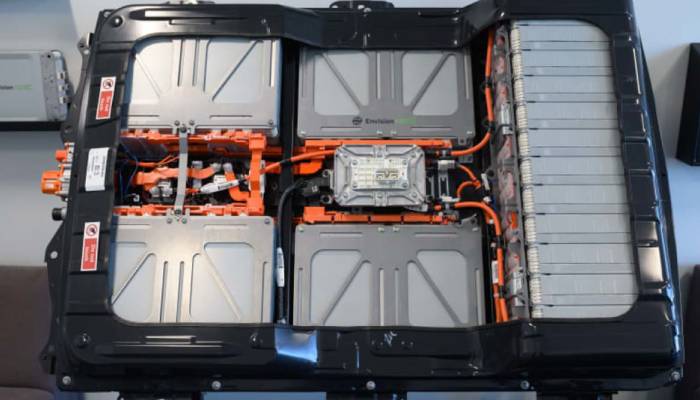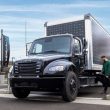Nissan is tackling the challenge of recycling old electric vehicle (EV) batteries through a time-consuming and currently unprofitable process. The company’s factory in Namie, Fukushima, is dedicated to disassembling and refurbishing batteries from early models of its all-electric Leaf cars, with the aim of giving them a second life.
The batteries are collected from Nissan dealerships in the US and Japan and undergo meticulous evaluation and refurbishment by engineers at the plant, operated by 4R Energy Co., a joint venture between Nissan and Sumitomo Corp. The refurbished batteries are primarily used in other electric vehicles, while some find new purposes in backup generators and other devices.
By creating a larger market for used batteries, Nissan aims to extend the lifespan of electric cars, increase their resale value, and accelerate their adoption. However, profitability is not the immediate priority for the factory, but focus is on establishing a profitable business in the long term
As 4R Energy continues to scale up its operations, the goal is to achieve profitability. Japanese automakers like Nissan and Toyota are ramping up their EV production to catch up with competitors, particularly in China. Despite current challenges, industry experts believe that efforts like those of 4R Energy are essential for cost reduction and preparation for future growth.












